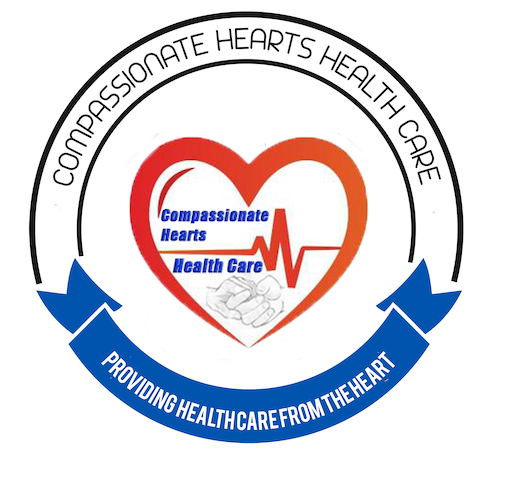Alternative therapies encompass a diverse range of practices and treatments that are used alongside or instead of conventional medicine to promote health and healing. These therapies often focus on addressing the root causes of illness and restoring balance to the body, mind, and spirit. In this article, we will explore various alternative therapies and their potential benefits in promoting holistic well-being.
Understanding Alternative Therapies
Alternative therapies, also known as complementary or integrative medicine, encompass a wide range of practices, including acupuncture, chiropractic care, herbal medicine, meditation, yoga, massage therapy, and energy healing techniques like Reiki. These therapies are based on different cultural traditions, philosophies, and belief systems and are often rooted in the idea of treating the whole person rather than just the symptoms of disease.

The Principles of Integrative Medicine
Integrative medicine combines conventional medical treatments with alternative therapies to provide a comprehensive approach to health and healing. The principles of integrative medicine include:
- Holistic Approach: Treating the whole person, including physical, emotional, mental, and spiritual aspects of health.
- Personalized Care: Tailoring treatment plans to meet the individual needs and preferences of each patient.
- Prevention and Wellness: Emphasizing preventive measures and lifestyle interventions to promote long-term health and well-being.
- Collaborative Care: Encouraging collaboration between healthcare providers from different disciplines to optimize patient care and outcomes.
Exploring Alternative Therapies
- Acupuncture: Originating from traditional Chinese medicine, acupuncture involves the insertion of thin needles into specific points on the body to stimulate energy flow and promote healing. It is commonly used to relieve pain, reduce stress, and improve overall well-being.
- Chiropractic Care: Chiropractic care focuses on the diagnosis and treatment of musculoskeletal disorders, primarily through manual adjustments and spinal manipulation. It aims to restore proper alignment and function to the spine and nervous system, alleviating pain and improving mobility.
- Herbal Medicine: Herbal medicine involves the use of plants and plant extracts to prevent and treat various health conditions. Herbs are often used in the form of teas, tinctures, capsules, or topical preparations and can have diverse therapeutic effects on the body.
- Meditation and Mindfulness: Meditation and mindfulness practices involve cultivating present-moment awareness and inner peace through techniques such as focused breathing, guided imagery, and body scanning. These practices are effective for reducing stress, anxiety, and depression and promoting relaxation and mental clarity.
- Yoga: Yoga is a mind-body practice that combines physical postures, breathwork, and meditation to promote flexibility, strength, and relaxation. It has been shown to have numerous health benefits, including reducing stress, improving mood, and enhancing overall well-being.
- Massage Therapy: Massage therapy involves the manipulation of soft tissues in the body to relieve tension, reduce pain, and promote relaxation. It can be beneficial for treating musculoskeletal injuries, chronic pain conditions, and stress-related disorders.
- Energy Healing: Energy healing techniques, such as Reiki, involve the channeling of universal life force energy to promote healing and balance within the body. These practices are based on the concept that imbalances or blockages in the body’s energy field can lead to physical, emotional, and spiritual distress.

Benefits of Integrative Approaches to Health and Healing
- Enhanced Wellness: Integrative approaches to health and healing focus on promoting overall well-being and addressing the root causes of illness, rather than just managing symptoms.
- Personalized Care: Integrative medicine emphasizes personalized treatment plans that take into account each individual’s unique needs, preferences, and health goals.
- Reduced Side Effects: Many alternative therapies have fewer side effects than conventional medical treatments, making them suitable options for individuals seeking natural and gentle healing modalities.
- Improved Quality of Life: Integrative approaches to health and healing can improve quality of life by reducing pain, improving mobility, enhancing mood, and promoting relaxation and stress relief.
- Empowerment and Self-Care: Alternative therapies empower individuals to take an active role in their health and well-being by providing tools and techniques for self-care, stress management, and holistic healing.
Conclusion
In conclusion, alternative therapies offer valuable approaches to health and healing that complement conventional medical treatments. Integrating these therapies into our healthcare routines can promote holistic well-being, enhance quality of life, and empower individuals to take charge of their health. Whether seeking relief from pain, stress, or chronic illness, exploring alternative therapies can provide valuable tools and techniques for promoting healing and restoring balance to the body, mind, and spirit.



Add a Comment